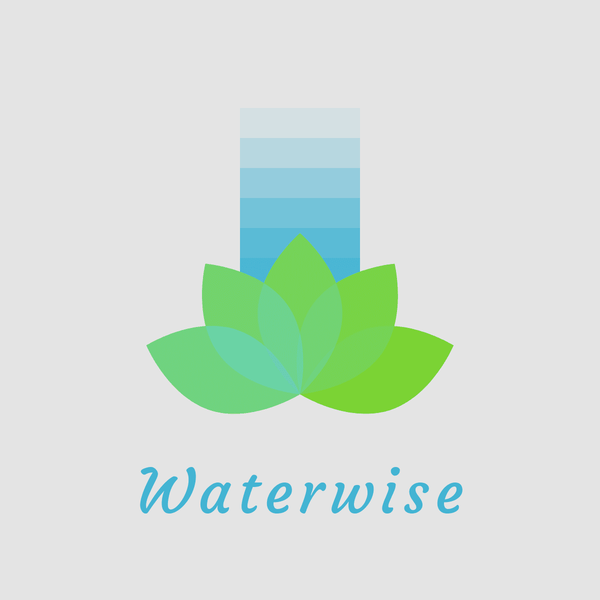Chlorine can have several effects on human hair, particularly when it is exposed to chlorinated water during bathing. The impact of chlorine on hair can include:
1. Dryness and Brittle Hair: Chlorine is an oxidizing agent, and it can strip the natural oils from the hair and scalp. This can lead to dry, brittle, and fragile hair. Hair may lose its natural shine and become more prone to breakage.
2. Discoloration: Chlorine can cause discoloration in hair, especially for those with lighter hair colors. Blonde or light-colored hair may turn greenish due to exposure to chlorinated water. This is often referred to as "swimmer's hair."
3. Damage to Hair Cuticles: Chlorine can damage the outer protective layer of hair, known as the cuticle. This damage can result in rough and porous hair, making it more susceptible to tangling and breakage.
4. Frizz and Increased Porosity: Chlorine exposure can make hair more porous, allowing it to absorb more moisture from the surrounding air. This can lead to frizz, as the hair swells with absorbed water, especially in humid conditions.
5. Scalp Irritation: Chlorine can also lead to scalp dryness and irritation, which may contribute to dandruff and an itchy scalp.
To mitigate the impact of chlorine on hair, consider the following tips:
1. Install a high quality Water Softener like Water First that actively filters out chlorine and help in protecting our hair.
2. Wear a Swim Cap: Wearing a swim cap can protect your hair from direct exposure to chlorinated water.
3. Use Hair Products: Applying a leave-in conditioner or hair serum before swimming can create a protective barrier for your hair. After swimming, use a clarifying or chlorine-removing shampoo to get rid of any chlorine residue.
4. Shower After Swimming: After swimming in a chlorinated pool, rinse your hair and body with clean water to remove chlorine residues.
5. Hydrate Your Hair: Regularly use moisturizing and hydrating hair products to combat the dryness caused by chlorine exposure.
6. Limit Chlorine Exposure: If possible, reduce your exposure to chlorinated water or opt for natural water sources. Regularly review water report.
Chlorine on hair can vary from person to person, depending on factors like hair type, porosity, and the level of chlorine exposure. While these tips can help minimize the damage, they may not completely eliminate it, especially in situations of prolonged and repeated exposure to chlorinated water.

